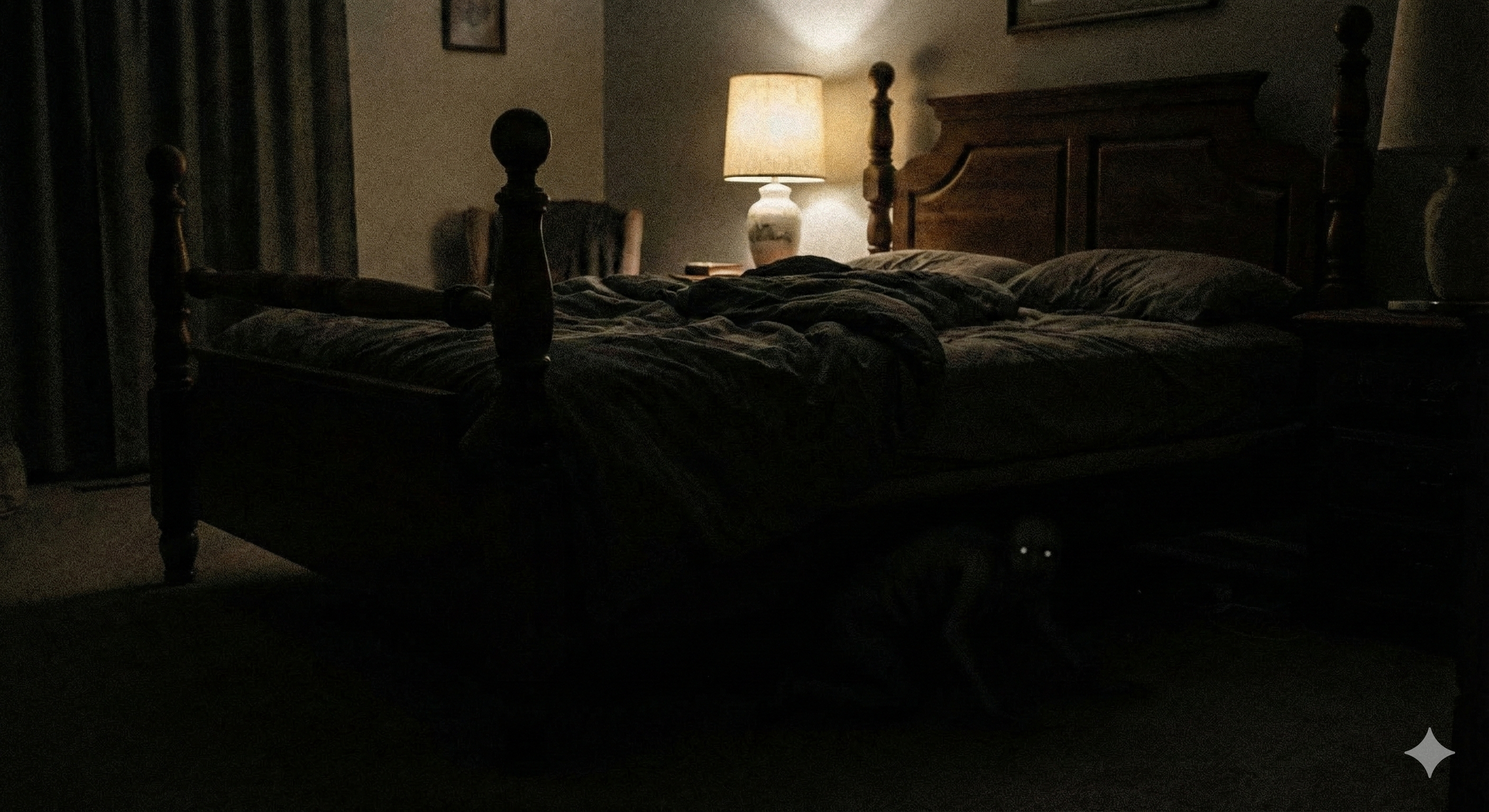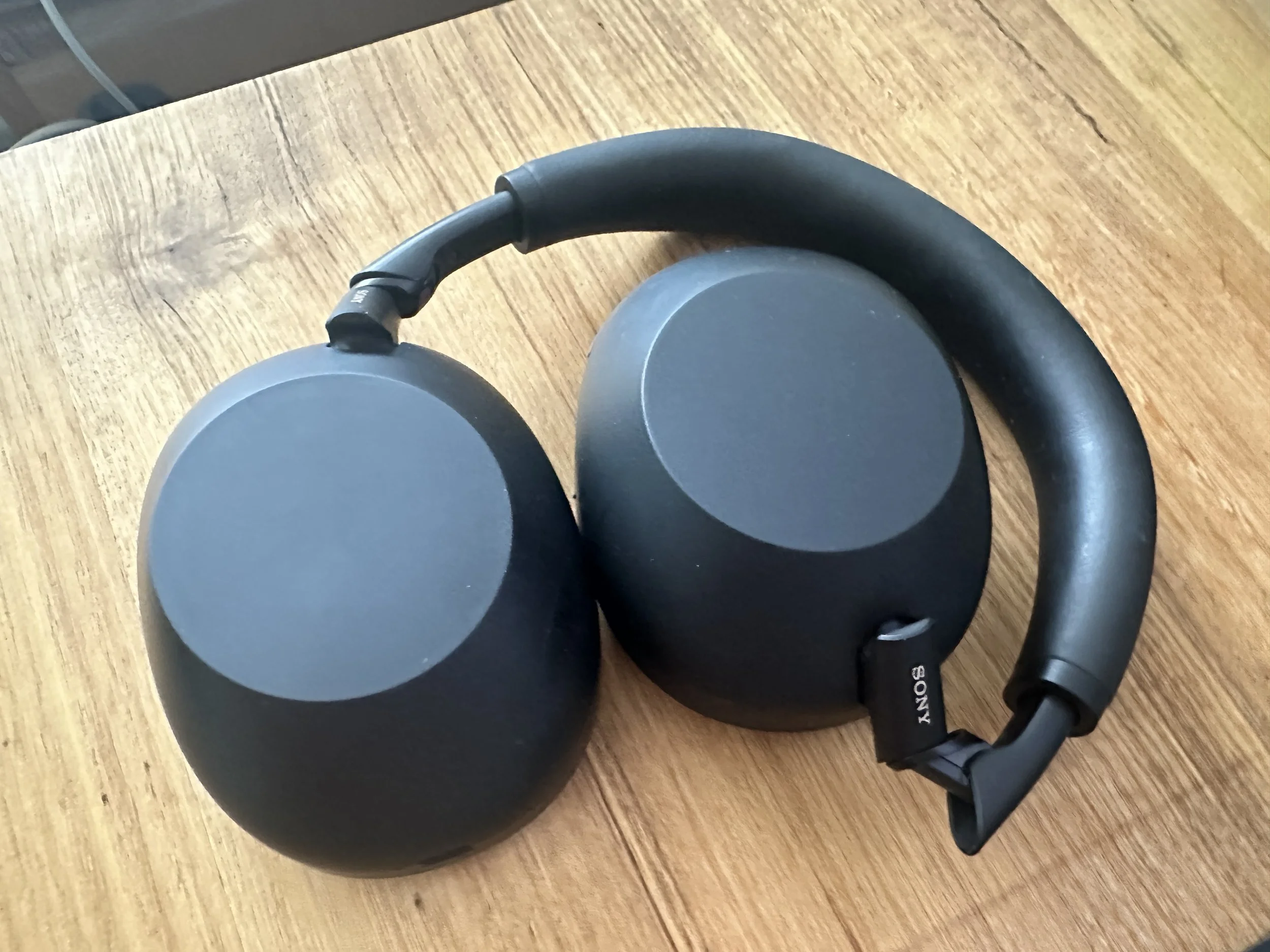I’ve been working in social media long enough to call myself vintage. Not “retro cool” vintage — more like the sort of thing you find at the back of the shed and wonder, does this still work? Almost 20 years in, I’ve seen social media grow from the scrappy, exciting Wild West to the algorithmic slot machine it is today.
And here’s the truth: I’m not sure I like what it’s become. In fact, I worry about what it’s doing to our kids.
Back in the early days, social media was about connection and curiosity. You could post something weird, messy, and unpolished, and people responded because they liked you. Now? We’ve optimised everything for clicks, likes, and outrage. (How’s my blog post title…) And the kids, with their developing brains and fragile sense of self, are getting the worst of it.
What’s gone wrong
Algorithms reward extremes
It’s not enough to be good anymore — you have to be shocking, controversial, or flawless. That’s what the algorithm boosts, because it keeps people on the app.
Addictive by design
The infinite scroll, the notifications, the “just one more swipe” — all carefully engineered dopamine hits. Adults can barely manage it; kids don’t stand a chance.
Warped self-image
When you’re 14 and your feed is full of influencers with perfect skin, perfect teeth, perfect lives… you start to believe you’re falling short. And those feelings of “not enough” are incredibly profitable for advertisers.
No mental off-switch
We used to get bored. We used to stare out the window on bus rides. Now, every spare second gets swallowed by a glowing rectangle.
The double bind for people like me
Here’s where it gets uncomfortable: I still work in this industry. I still help brands use these very platforms to sell products and build audiences. I know how to make posts that grab attention — and I know the psychological levers that make them work.
It’s like being a chef who secretly worries that half the menu is bad for you. You still need to keep the restaurant running, but you wish more people ordered the salad.
How I make peace with it
I can’t fix the entire attention economy, but I can choose how I work within it. My own ground rules look something like this:
1. Value over vanity
If a post doesn’t make someone’s life better — even in a small way — it’s not worth making. “Better” can mean helpful, funny, inspiring, or thought-provoking. Empty calorie content just feeds the machine.
2. Truth over polish
Audiences respond to authenticity. I’d rather post something slightly scrappy but honest than something flawless and soulless. That’s not just better for the audience — it’s better for my sanity.
3. Mindful metrics
I track engagement, sure. But I also pay attention to the comments, the tone, and whether the conversation feels healthy. A post with fewer likes but a richer discussion is still a win.
4. Ethical targeting
I avoid content strategies that prey on insecurities, fear, or fake urgency — especially when the audience skews young. If you wouldn’t say it to a teenager’s face, don’t put it in an ad.
5. Digital well-being advocacy
If you have an audience, you have influence. Sprinkling in tips about screen time, online safety, or the hidden mechanics of social media can plant seeds of awareness.
Finding better spaces
Not all online spaces are created equal. The big platforms are noisy, but smaller, intentional communities can be amazing — niche forums, moderated Discord groups, hobby-focused Facebook groups, or even offline meet-ups. The more we point people towards healthier spaces, the less power the worst algorithms have over us.
A challenge to my fellow “vintage” social media folks
If you’ve been around long enough to remember when social media was better, help make it better again. We can’t dismantle the machine, but we can choose how we use it, what we create, and what we reward.
And maybe, just maybe, if enough of us do that, we’ll raise a generation who see social media for what it can be — a tool for connection — not the distorted mirror it’s become.
If you want to go fast, play the algorithm’s game.
If you want to go far, play for people’s trust.
And trust is still the best metric we have.





